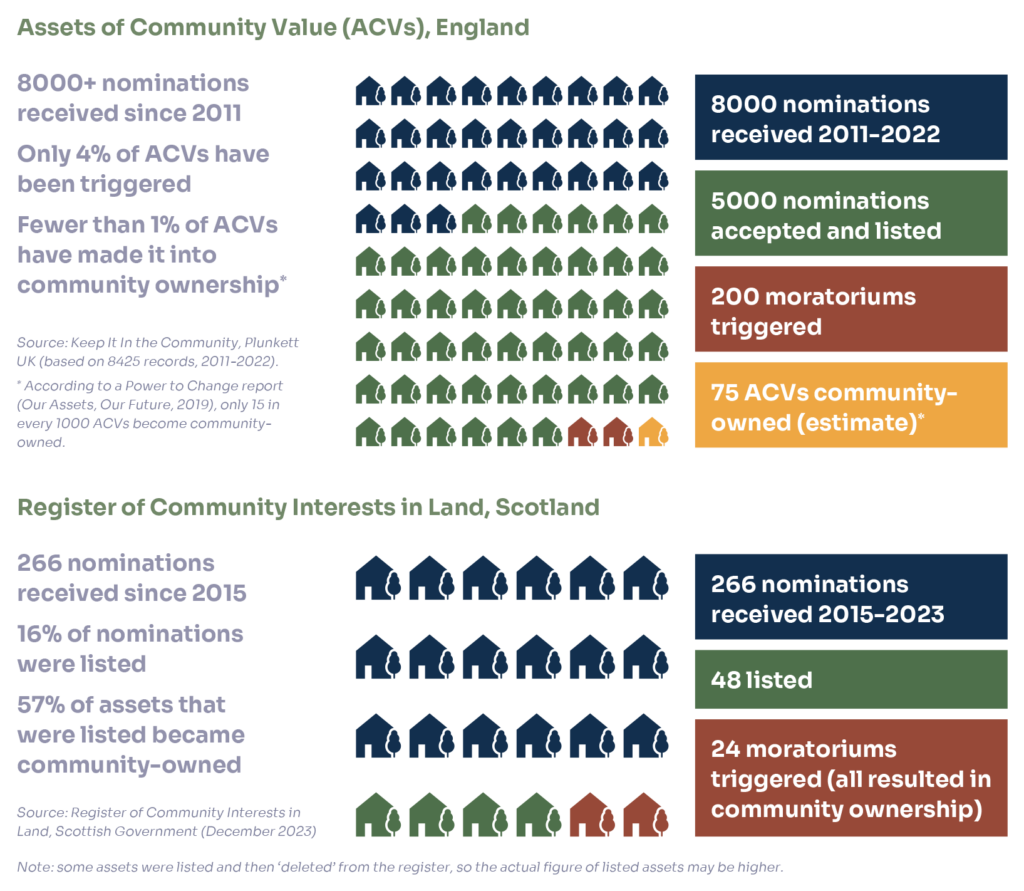New research by Plunkett UK, commissioned and funded by Building Communities Trust (BCT), sets out recommendations to grow the community ownership sector in Wales.
The report, Community Ownership: A Way Forward for Wales, builds on findings from the 2022 inquiry into community assets in Wales, undertaken by the Welsh Parliament last year. The inquiry drew together evidence that demonstrated the positive social, economic, and environmental impact of community-owned assets.
One year on from the inquiry, this research has been produced to offer a way forward for the commission, setting out short- and long-term priorities.
It offers an overview and evaluation of existing policies and legislation in Scotland and England, identifying strengths and weaknesses to provide lessons for future “community rights” in Wales.
Canolfan Y Fron is a village shop in Snowdonia, that also offers accommodation and a café
In the long term, the evidence suggests that a Community Right to Buy would benefit community ownership projects in Wales, by offering first refusal on assets that come on to the market.
The research also voices the aspirations and needs of community groups, that are either currently undertaking or have recently completed community buyouts. The lived experiences of people undertaking community ownership projects have shaped specific recommendations about what support could be offered in the short to medium term.






